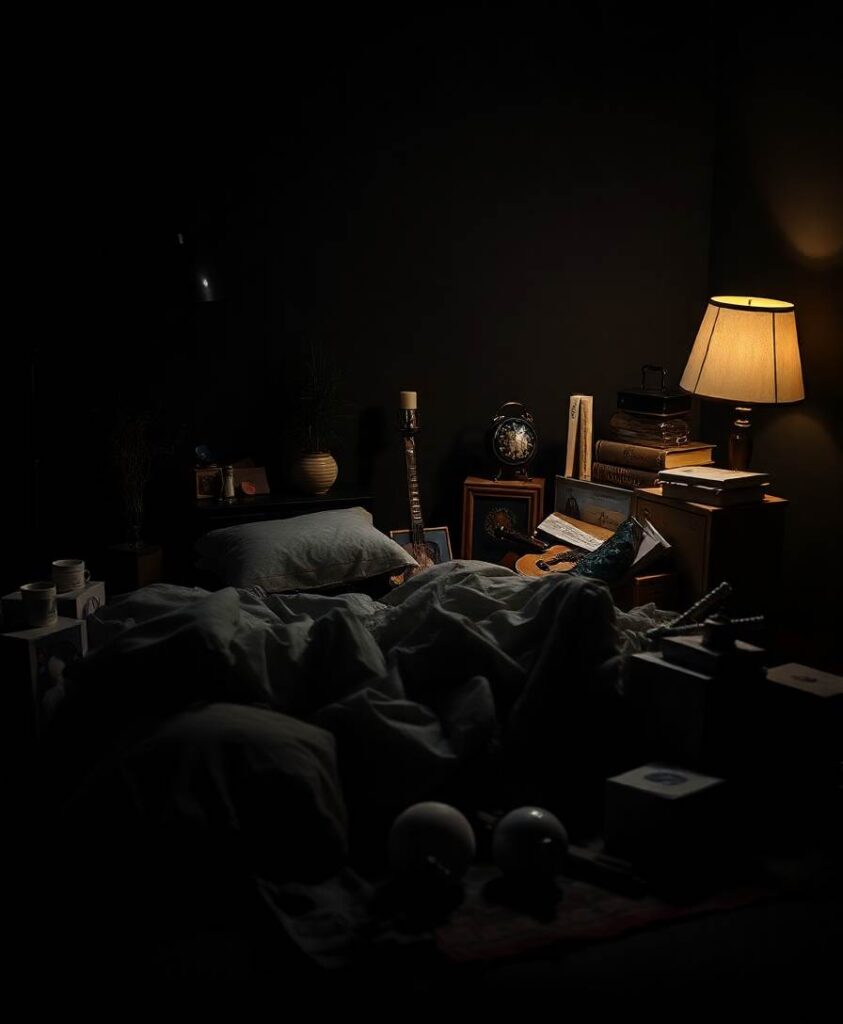Imagine the sensation of lying in bed, feeling your body relax but your mind still flickering like a restless firefly. It’s that curious, sometimes unsettling feeling when sleep seems just out of reach, even though your eyelids are heavy. That familiar buzzing in your head, the lingering alertness — could it be that your favorite morning ritual is quietly shaping your nightly brain activity more than you realize?
Many of us turn to caffeine to jump-start our mornings, to shake off that sluggish feeling, or to push through a demanding day. But what if that seemingly harmless pick-me-up is doing more than just energizing you? What if it’s subtly altering how your brain functions during sleep, making your nights less restorative and your mornings more complex?
This is exactly what recent research is beginning to uncover. While caffeine’s reputation as a stimulant is well known, scientists are now exploring how its influence extends into the quiet hours of the night. It appears that caffeine may not just keep you awake — it might also change the way your brain processes during sleep, potentially affecting your memory, mood, and overall mental clarity.
If you’re someone who relies on that second cup after dinner, or you’ve noticed feeling restless or unfocused even after sleeping, this research might resonate with you. It prompts a vital question: how much does our caffeine consumption shape our nightly brain activity, and what are the implications for our well-being?
Understanding How Caffeine Interacts with Your Brain During Sleep
Think about how caffeine works — it blocks the adenosine receptors in your brain. Adenosine is a natural chemical that promotes sleep and relaxation; when caffeine blocks its effects, you feel more alert and awake. But during sleep, your brain needs to go through complex processes, such as consolidating memories and clearing out metabolic waste, which are essential for mental health and cognitive function.
If caffeine is still present in your system when you go to bed, it might be interfering with these crucial functions. The research suggests that caffeine’s influence isn’t limited to just making you feel awake; it could be actively changing the way your brain operates during sleep. This might mean fewer deep sleep cycles, disruptions in brainwave patterns, or altered neural activity that affects how well your brain rejuvenates overnight.
For those of us who struggle with restless sleep or wake up feeling less refreshed, understanding this connection can be eye-opening. It highlights that our evening routines, especially caffeine intake, might have a more profound impact on sleep quality than we thought.

If you’re seeking to improve your sleep and support your brain’s nightly restoration, consider how and when you consume caffeine. Even if you think you’re safe with your usual cup, the timing, amount, and individual sensitivity all play a part in how it influences your sleep architecture.
This research invites us to reflect on the importance of aligning our habits with our brain’s natural rhythms. It’s a reminder that the choices we make during the day — what we drink, how we manage stress, and our sleep routines — are interconnected in ways that deeply affect our overall mental health.
So tomorrow morning, as you sip your coffee, think about how your brain’s nighttime story is being written. That gentle, often invisible influence of caffeine could be quietly shaping your sleep and, ultimately, your waking life.
Learn More: How Caffeine Affects Your Brain During Sleep
Abstract: Your morning cup of coffee might help you power through the day — but could it be keeping your brain too alert at night, even while you sleep? A new study suggests that caffeine doesn’t just affect your energy levels. It may also change how your brain functions during sleep,…
Link: Read Full Article (External Site)




